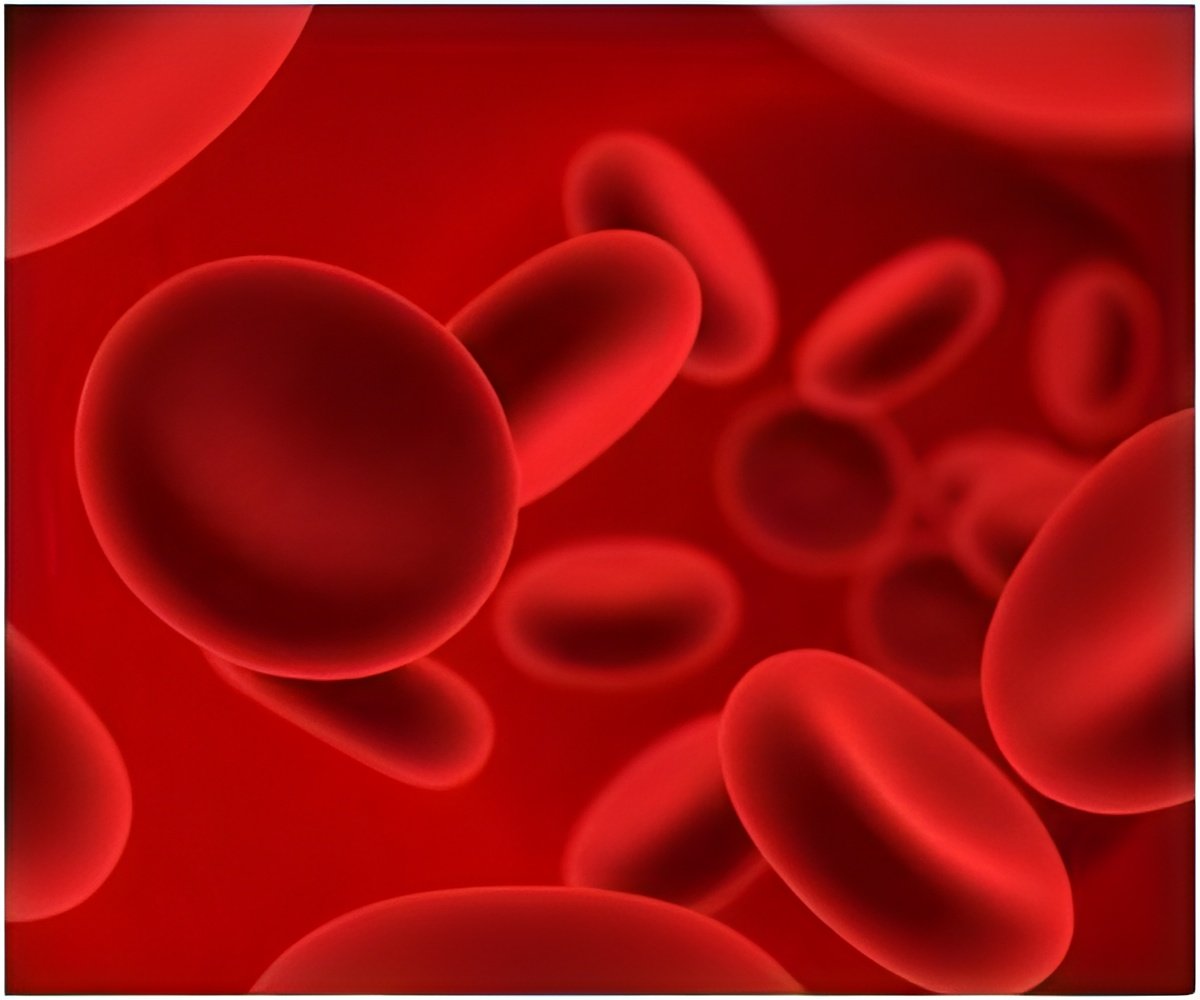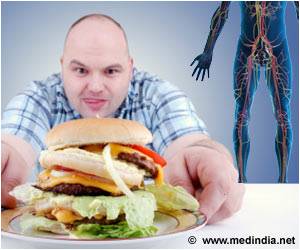Experts developed a biosensor to count red blood cell, platelet, and white blood cell counts, and its 3-part differential at the point-of-care.

TOP INSIGHT
Scientists from the University of Illinois develop a biosensor capable of counting the blood cells electrically using only a drop of blood.
"Our biosensor exhibits the potential to improve patient care in a spectrum of settings. One of the compelling is in resource-limited settings where laboratory tests are often inaccessible due to cost, poor prevalence of laboratory facilities, and the difficulty of follow-up upon receiving results that take days to process," says Professor Rashid Bashir of the University of Illinois at Urbana-Champaign and Principal Investigator on the paper.
"There exists a huge potential to translate our biosensor commercially for blood cell counts applications," says Umer Hassan, Ph.D., the lead author on this paper. "The translation of our technology will result in minimal to no experience requirement for device operation. Even, patients can perform the test at the comfort of their home and share the results with their primary care physicians via electronic means too." "The technology is scalable and in future, we plan to apply it to many other potential applications in the areas of animal diagnostics, blood transfusion analysis, ER/ICU applications and blood cell counting for chemotherapy management" says Professor Bashir. The clinical trials of the biosensor are done in collaboration with Carle Foundation Hospital, Urbana, IL.
The team from UIUC is working now to further develop a first portable prototype of the cell counter. "The cartridges will be disposable and the size of a credit card. The base unit or the reader will be portable and possibly hand-held. Our technology has the potential to reduce the cost of the test to less than $10 as compared to $100 or more currently charged," says Umer.
Source-Eurekalert
 MEDINDIA
MEDINDIA




 Email
Email









